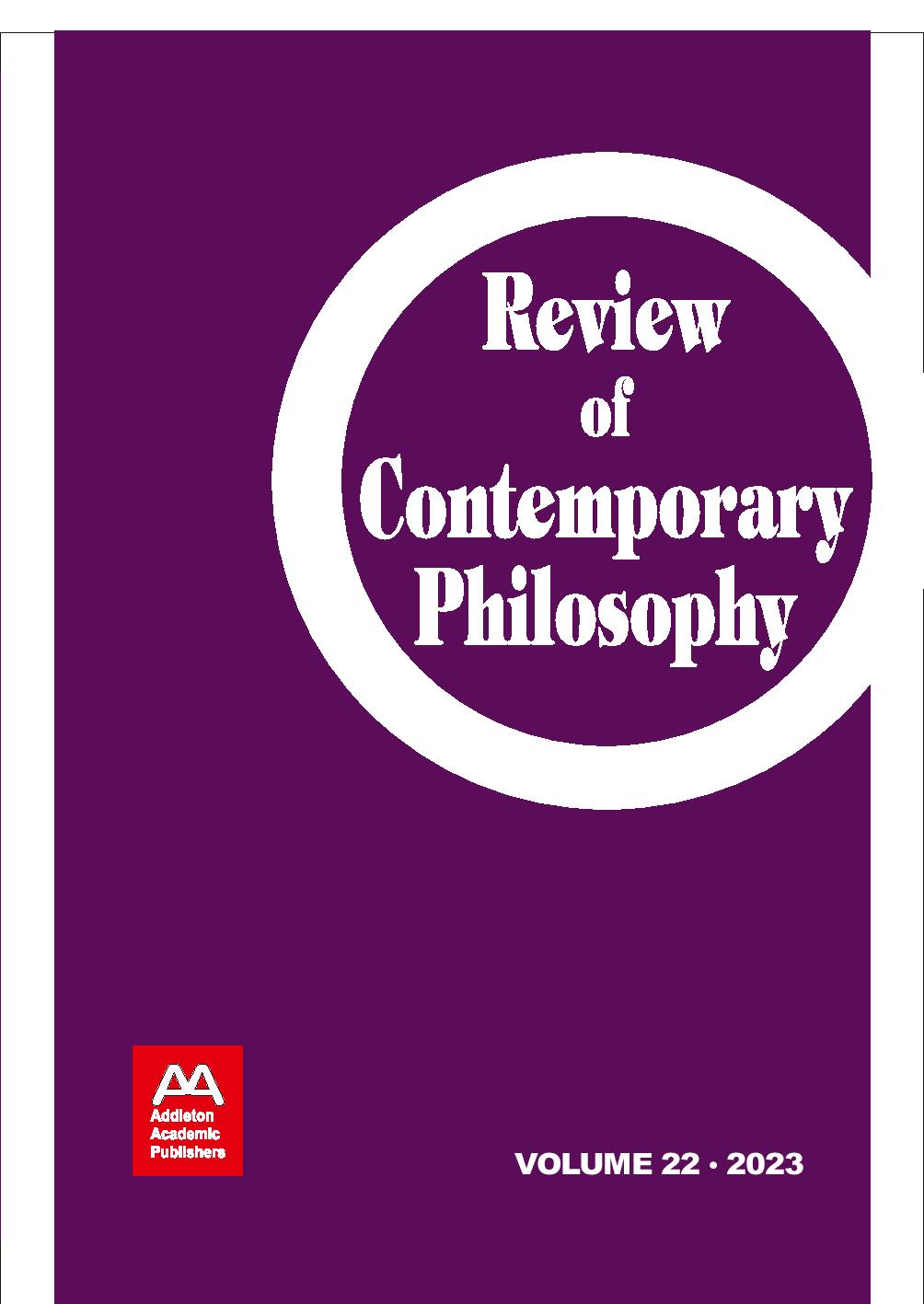Bio-inspired Computational Intelligence and Deep Learning Algorithms, 3D Modeling and Cognitive Neuro-Engineering Technologies, and Immersive Visualization and Internet of Things-based Decision Support Systems in the Virtual Environment of the Metave
Bio-inspired Computational Intelligence and Deep Learning Algorithms, 3D Modeling and Cognitive Neuro-Engineering Technologies, and Immersive Visualization and Internet of Things-based Decision Support Systems in the Virtual Environment of the Metave
Author(s): Ray HaywardSubject(s): ICT Information and Communications Technologies
Published by: Addleton Academic Publishers
Keywords: bio-inspired computational intelligence; deep learning algorithms; 3D modeling; cognitive neuro-engineering technologies; immersive visualization; Internet of Things-based decision support systems;
Summary/Abstract: The purpose of this study is to examine photorealistic synthetic imagery, digital scent and data analytics technologies, and digital twin simulation and natural language processing tools. In this article, I cumulate previous research findings indicating that immersive visualization and Internet of Things-based decision support systems, user behavior data mining, and digital twin and multisensory extended reality technologies shape a blockchain-based virtual world. Throughout April 2023, I performed a quantitative literature review of the Web of Science, Scopus, and ProQuest databases, with search terms including “the virtual environment of the metaverse” + “bio-inspired computational intelligence and deep learning algorithms,” “3D modeling and cognitive neuro-engineering technologies,” and “immersive visualization and Internet of Things-based decision support systems.” As I inspected research published in 2022 and 2023, only 174 articles satisfied the eligibility criteria. By removing controversial findings, outcomes unsubstantiated by replication, too imprecise material, or having similar titles, I decided upon 30, generally empirical, sources. Data visualization tools: Dimensions (bibliometric mapping) and VOSviewer (layout algorithms). Reporting quality assessment tool: PRISMA. Methodological quality assessment tools include: AXIS, Dedoose, MMAT, and SRDR.
Journal: Review of Contemporary Philosophy
- Issue Year: 2023
- Issue No: 22
- Page Range: 278-294
- Page Count: 17
- Language: English
- Content File-PDF

